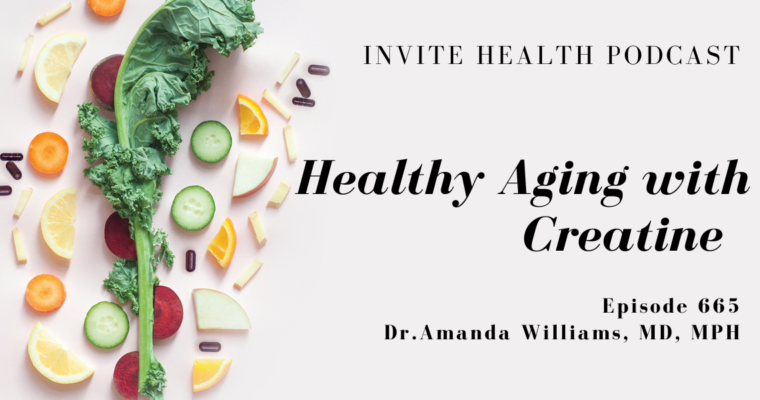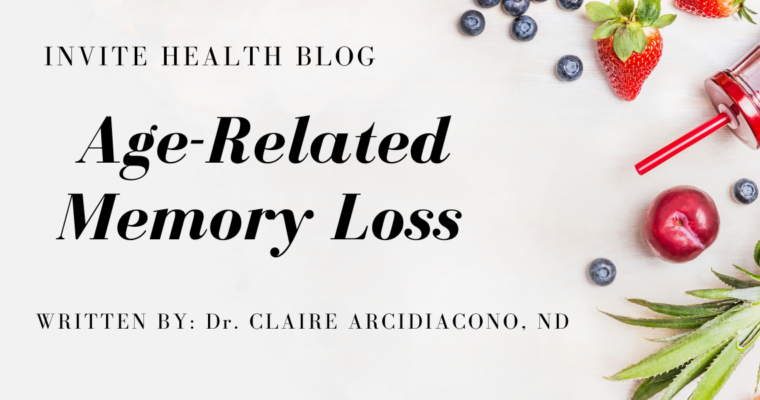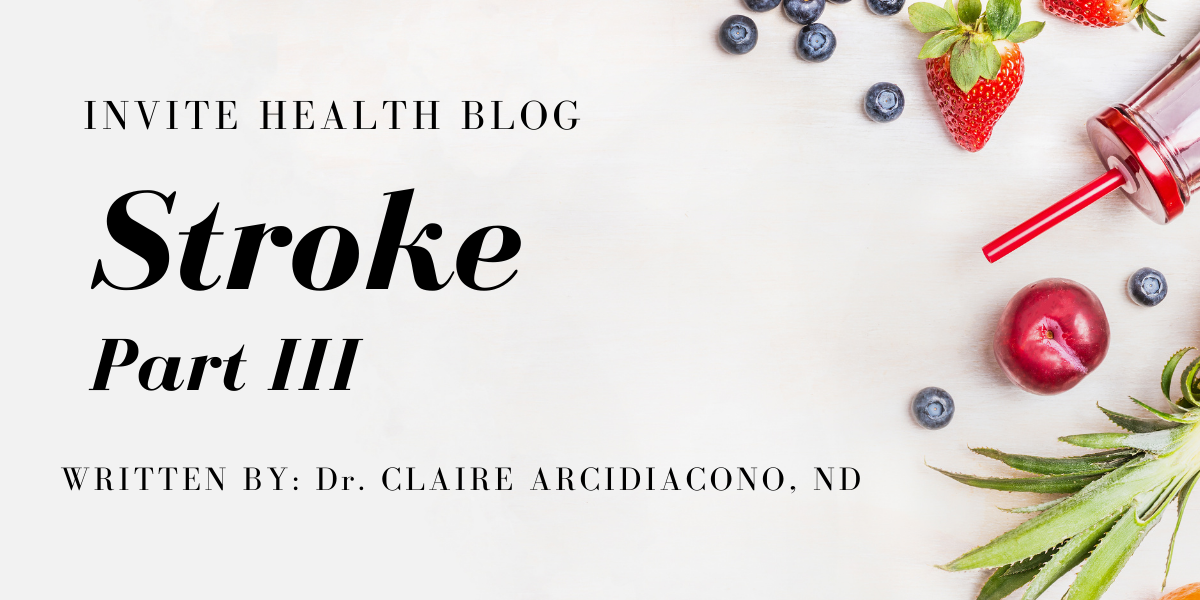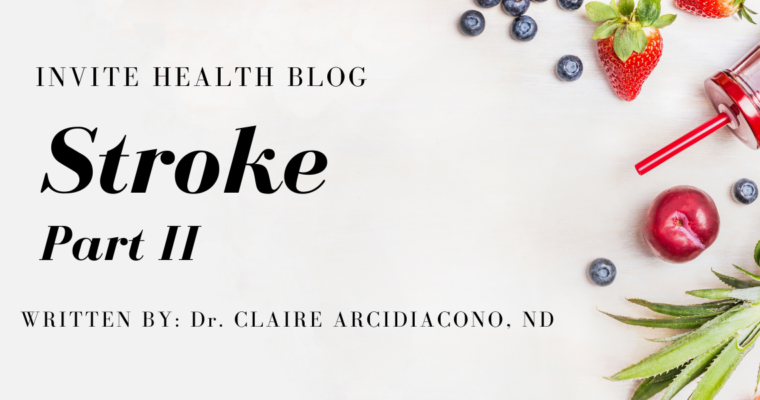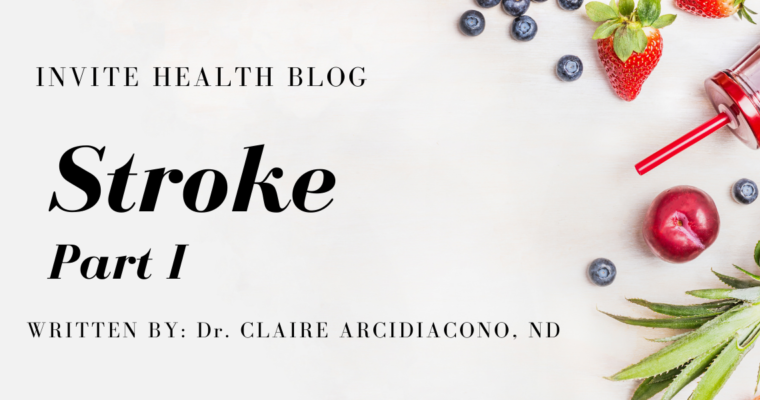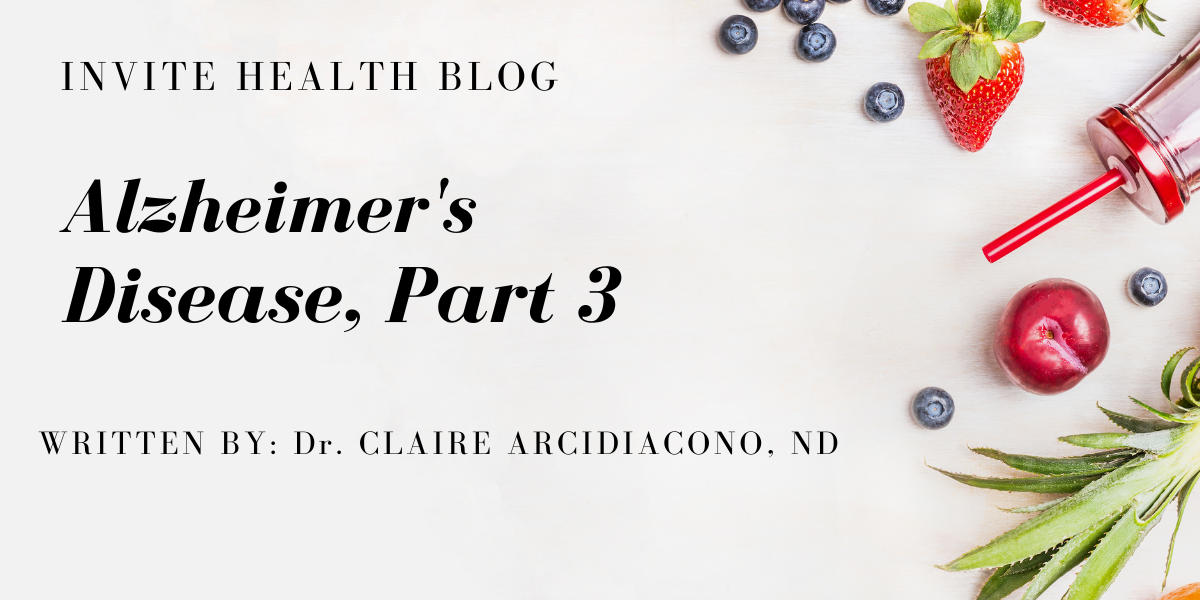Written by Dr.Claire Arcidiacono, ND
For further questions or concerns email me at [email protected]†

In this final part on strokes, I wanted to review the most common symptoms that can indicate a stroke. One point I would like to emphasize is that we are all individuals. We all know how our body feels when everything is working correctly. Therefore if you feel something is wrong or not working properly it is important to seek appropriate medical care. This is especially important when it comes to strokes because the earlier they are treated the better the outcome.†
To start with there is an easy mnemonic to remember the early signs of a stroke. This is FAST which stands for facial droop, arm weakness, speech difficulty, and time to call emergency services. (1) Depending on where the stroke occurs there can be what is referred to as hemiparesis or a weakness of one entire side of the body. This can include muscle weakness in the face. (2) There may also be numbness in different parts of the body. There may be a reduction in sensory or vibratory sensation. An individual may have initially decreased muscle tone that is replaced by increased muscle tone as well as excessive reflexes. † (3)
If the stroke occurs in the brain stem the cranial nerves may also be affected. This means that there may be changes in your sense of smell, taste, hearing and even vision. There may be a weakness in the muscles of the eyelid and even the eyes themselves. There may also be balance changes. There can also be weakness in certain other muscles such as the face, sternocleidomastoid and even the tongue. If the stoke involves the cerebral cortex there may be additional symptoms such as confusion and hypersexual gestures. (4) Other symptoms that can be associated with a stroke can include loss of consciousness, headache, and even in some cases vomiting.† (5)
In summary if you have a family history of stoke or any of the other risk factors the main thing that you want to be aware of is to use the FAST mnemonic. If there is an inability to move/feel one side of the body or problems with speech, dizziness or even loss of vision it is important to get medical attention ASAP. † (6)
How do we reduce our risk factors? It is always important to talk to your doctor about any risk factors you may have. An Invite nutritionist is always available to help talk to you about incorporating supplements into your lifestyle and how that would work with any medications you may be taking. It is always important to review any medications you are talking with a nutritionist before starting a supplement protocol to ensure that the supplements work together and don’t contradict with your medications. This is especially important when talking about stroke supplements due to the nature of many prescriptions that are used after a stroke. As I always say, better safe than sorry. On to some supplements! †
Let’s start with reducing our risk factors:
- It is important to make any necessary life style changes. For example stop smoking, get help to stop using any stimulant drugs and lose weight if necessary. It is also a good idea to work with your stress levels so that they are a manageable level. Studies have shown that a Mediterranean diet can help reduce stroke risk. † (7)
- Reduce blood pressure – since having high blood pressure is a huge risk factor it is important to maintain healthy levels.†
- Magnesium has been found in studies to help to lower blood pressure levels especially in those with conditions such as pre-diabetes or even diabetes. (8) Magnesium is also useful for those at risk of stroke who are diabetic as studies have found it can also help with insulin resistance. (9) Lastly, magnesium has been found in studies to also help to reduce stress and anxiety which is also important at reducing stroke risk. (10) Please see Invite’s Magnesium citrate, glycinate and Bioavail magnesium powder.
- Grape seed has also been found in studies to be helpful in normalizing blood pressure (11) and helping with blood sugar (12) and is excellent for overall circulation according to studies. (13)That makes it a great choice for helping with blood pressure. Please see Invite’s Grape seed extract.†
- Hawthorne is amazing for heart health and has been found to be in studies to help lower blood pressure. (14) Please see Invite’s Cardio Hx and Normo-tensive†
- Olive leaf extract has been found to help in a number of chronic conditions that increase risk of stroke. In studies it has been found to help with high blood pressure, and high cholesterol. (15) Additionally it has been found in studies to help with blood sugar regulation as well. (16) Olive leaf has even been found to reduce inflammation which is also a stroke risk factor. (17) Please see Invite’s Olive leaf extract and Normo-Tensive†
- It is important to reduce high cholesterol since this is also a risk factor.†
- Plant sterols have been found in studies to lower cholesterol. (18) Please see Invite’s Sterols and Sterols plus†
- Garlic has been found in studies to reduce cholesterol. (19) Garlic is a great supplement for helping with reducing risk factors for strokes because studies have found in addition to helping with cholesterol it also helps to lower blood pressure. (20) Additionally garlic has been found to help with inflammation which is also a stroke risk factor. (21) Please see Invite’s Aged garlic†
- Omega 3s are a powerhouse when it comes to helping with cholesterol. Studies have found that Omega 3s can increase the protective HDL (22) as well as reduce triglycerides.(23) Having higher blood omega 3 concentrations has also been found to be associated with a better blood pressure. Thus omega 3s are indicated to help high blood pressure. (24) As I’ve said many times Omega 3s are also amazing for inflammation which is stroke risk factor. † (25)
- Diabetes is also a risk factor. I would encourage you to check out my blog series on this important topic!†
DIABETES TYPE 2, INVITE HEALTH BLOG>>READ NOW
What can I do after a stroke?
- It is important to work with your doctor regarding medications, and physical therapy as well as any speech therapy you may need.
- Significant improvement in stroke outcome 3 months after a stroke has been reported in studies with vitamin D supplementation. (26) Please see Invite’s Vitamin D3 1000IU , 3000IU and liquid Vitamin D3†
- Taking B12 can help improve brain health and aid in recovery after a stroke according to studies. (27) Please see Invites B12 Lozenges and Methyl-B as well as our B50 and B100!†
- Alcar has been found to be neuroprotective in cases of ischemic brain injury. In other words it can protect the brain cells. (28) Please see Invite’s Alcar with ALA as well as Cerebral Care.†
- Tocotrienols have been found to be very protective of the brain especially the white matter. (29) Vitamin E has also been found to help reduce stroke risk. Please see Invite’s Tocotrienols with Pine Bark, as well as our Natural E†
In our blog next week we will be reviewing age related memory changes.†
REFERENCES
- Harbison J, Massey A, Barnett L, Hodge D, Ford GA (June 1999). “Rapid ambulance protocol for acute stroke”. Lancet. 353 (9168): 1935. doi:1016/S0140-6736(99)00966-6. PMID 10371574. S2CID 36692451.
- Detailed article about hemiparesis Archived 2022-02-02 at the Wayback Machine at Disabled-World.com
- O’Sullivan SB (2007). “Stroke”. In O’Sullivan SB, Schmitz TJ (eds.). Physical Rehabilitation. Vol. 5. Philadelphia: F.A. Davis Company. p. 719.
- https://en.wikipedia.org/wiki/Stroke#cite_note-OSul07_719-40
- https://www.cdc.gov/stroke/signs_symptoms.htm#:~:text=Sudden%20numbness%20or%20weakness%20in,balance%2C%20or%20lack%20of%20coordination.
- “What Are the Signs and Symptoms of a Stroke?”. www.nhlbi.nih.gov. March 26, 2014. Archived from the original on 27 February 2015. Retrieved 27 February 2015.
- https://www.ahajournals.org/doi/10.1161/STROKEAHA.117.020258
- https://www.ncbi.nlm.nih.gov/pmc/articles/PMC5573024/
- https://pubmed.ncbi.nlm.nih.gov/28526383/
- Boyle NB, et. al. (2017). The effects of magnesium supplementation on subjective anxiety and stress – A systematic review. DOI: 3390/nu9050429
- https://www.ncbi.nlm.nih.gov/pmc/articles/PMC7922661/
- https://papers.ssrn.com/sol3/papers.cfm?abstract_id=4415266
- Freedman JE, Parker C 3rd, Li L, et al. Select flavonoids and whole juice from purple grapes inhibit platelet function and enhance nitric oxide release. Circulation. 2001;103(23):2792-2798.
- https://www.mountsinai.org/health-library/herb/hawthorn#:~:text=High%20blood%20pressure,-Although%20hawthorn%20has&text=Participants%20took%201%2C200%20mg%20hawthorn,you%20have%20high%20blood%20pressure.
- https://pubmed.ncbi.nlm.nih.gov/26951205/
- PLoS One: “Olive (Olea europaea L.) Leaf Polyphenols Improve Insulin Sensitivity in Middle-Aged Overweight Men: A Randomized, Placebo-Controlled, Crossover Trial.”
- https://www.nature.com/articles/s41598-021-87628-7
- https://www.ncbi.nlm.nih.gov/pmc/articles/PMC5867554/#:~:text=Two%20g%20of%20plant%20sterol,be%20as%20high%20as%209%25.
- https://pubmed.ncbi.nlm.nih.gov/11238803/
- https://www.ncbi.nlm.nih.gov/pmc/articles/PMC6966103/
- https://bmcnephrol.biomedcentral.com/articles/10.1186/s12882-019-1204-6#:~:text=In%20an%20in%2Dvitro%20study,inflammatory%20bowel%20disease%20%5B20%5D.
- https://www.ncbi.nlm.nih.gov/pmc/articles/PMC5827911/
- https://www.ncbi.nlm.nih.gov/pmc/articles/PMC3875260/
- https://www.ncbi.nlm.nih.gov/pmc/articles/PMC6085127/
- https://pubmed.ncbi.nlm.nih.gov/12480795/
- https://www.ncbi.nlm.nih.gov/pmc/articles/PMC5376887/
- https://brainblogger.com/2014/07/30/vitamin-b12-deficiency-and-its-neurological-consequences/
- https://www.ahajournals.org/doi/10.1161/STROKEAHA.113.004449
- https://svn.bmj.com/content/6/1/109


